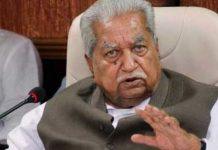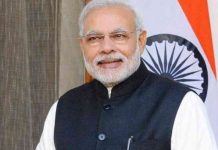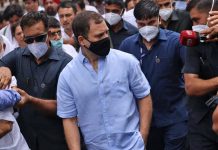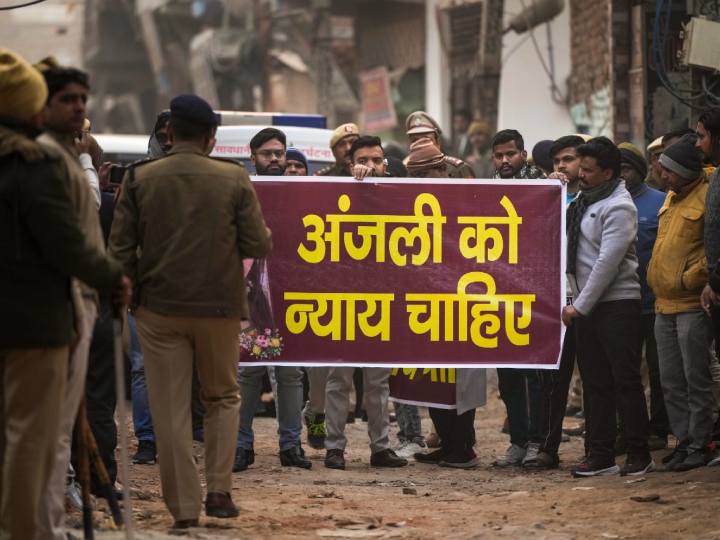
A major factor that prevents most drivers from helping someone they have hit is the fear of mob fury. If the public doesn’t take the law into its hands and let the police do its duty, a lot more lives will be saved
The autopsy report of Anjali Singh reads like a macabre scene from a particularly gory horror film. In the wee hours of New Year’s day, the 20-year-old died a horrific death after her scooty was hit by a Baleno car, resulting in her getting trapped under the vehicle and then being dragged for more than 12 kilometres over the potholed roads of Sultanpuri by a group of heartless young men who knew that she was under the car but did nothing to help her.
Anjali suffered grievous injuries and her brain matter was missing as her skull had got fractured. As per the post-mortem report her ribs were exposed from her back as clothes and skin peeled away from being dragged. Her lungs had popped out and both the legs were separated from her body. Anjali, who was the sole breadwinner of her family, died of shock and hemorrhage after being dragged under the car till her lifeless body got dislodged and was found lying on the road in Kanjhawala.
Imagine being Anjali’s mother and receiving the body of a beloved child in such a horrific state. How do you ever live with that?
The tragedy is that this was a needless death. According to automobile and accident experts, Anjali went head first under the car after being hit by the Baleno. Her leg got caught in the axel so she couldn’t get out on her own. If only the driver and the occupants of the car had shown a little humanity, a little respect for a human’s life and extricated her or called the police for help instead of dragging her screaming and crying under their car for two hours. If only… then that ambitious and lively young girl would have been alive today. It was a needless, senseless death. It could have been prevented if only the men in the car had valued human life.
On the same day, a 24-year-old Swiggy delivery executive was killed after a car hit his bike and dragged him for 1 km in Noida. Kaushal Yadav was on the Sector 14 flyover around 1 a.m. on New Year’s night when his bike was struck by a car which proceeded to drag him, before the driver stopped near a temple and fled. The young man was found dead by the side of the road by his family after a passerby picked up Kaushal’s phone and called them up. If the driver had shown the humanity and decency to stop the car after hitting Kaushal, he might have lived.
Similarly, the life of 32-year-old Pushpa Devi, a mother of two small children who recently lost their father to Covid, could also have been saved if only the truck driver who hit her scooty from behind had shown some decency and hit the brakes. In a freakish rerun of the Anjali case, Pushpa and her scooty got trapped under the truck and were dragged by the vehicle for 3 kms! The driver actually sped up till the scooty and the truck caught fire. The truck driver and cleaner jumped out of the burning vehicle to save their precious skin while the only thing that remained of the mother of two was a bit of flesh. Another very precious life, needlessly lost in a hit and drag case.
These and a few other cases have come to light of late because of the Sultanpuri horror. Countless others across the country go unreported. But the cases that do grab the headlines make one wonder why is it that we don’t stop and help a person we have knocked down accidently.
Is it the fear of the law?
That hardly seems likely, especially since the punishment and fines in accident cases are minimal. Even the most stringent of them, Section 304A, which provides for the provisions for death by negligence, says, “Whoever causes the death of any person by doing any rash or negligent act not amounting to culpable homicide, shall be punished with imprisonment of either description for a term which may extend to two years, or with a fine, or with both.” Bailable, cognisable, and non-compoundable are the three classifications of Section 304A of the code. Also, conviction numbers are low and most of the time police are more interested in getting an out of court settlement done because it’s easier for everyone. In the few cases where there is conviction, most people walk free after a nominal fine or a few days in prison.
Or is it that we don’t care for human life anymore and have become desensitized and selfish?
What else can explain the behaviour of the accused in the Anjali case? They knew she was under the car and according to the eyewitness they moved the car back and forth two-three times in a bid to dislodge her from under the vehicle. Then they took off, not caring about the fact that there was a live human under the car screaming and writhing in pain.
Hitting Anjali was not something they did deliberately. It was an accident. They should have just called the police who in turn would have safely got her extricated from under the car. She would have been injured for sure, but at least her life would have been spared. They would have been punished by law for drunk driving sans a licence at the most. But they compounded the error by dragging a human being over 12 kms of potholed roads, resulting in her excruciatingly painful death.
That said, I would like to highlight a major factor that prevents most drivers from helping someone they have hit. It’s the fear of mob fury where the janata janardhan decides to mete out “instant justice.” Irrespective of whose fault it was, it is the driver of the bigger vehicle who has to bear the brunt of the public’s anger, which is mostly expressed in a violent manner.
The public has no business taking the law in their hands and beating up a driver. Let the police come and the guilty driver be punished according to the law of the land. A lot more lives will be saved because most hit and run and hit and drag cases occur because of this fear of mob fury. Fear of the law in such cases is secondary. The first instinct is flight out of fear. This is something that came to the fore in the Anjali case too. The accused men told the police that they knew that she was under the car but they did not extricate her because they were afraid that someone might see them!
So, in a way, our own behavior is also to be blamed for what happens after an accident. And we need to change that to save more lives because today, India ranks first in the world when it comes to traffic deaths. If the figures released by the Ministry of Road Transport and Highways (MoRTH) are anything to go by, in 2021, a whopping 69,635 two-wheeler drivers died, which is 45.1% of total road accident deaths. MoRTH data revealed 13,716 pillion fatalities and 29,124 pedestrian deaths in 2021, which is up by 17.1% from 25,858 in 2019.
As a nation, we also need to become more disciplined on the roads and learn to follow traffic rules, because MoRTH lists overspeeding, careless lane changing, wrong-side driving, mobile phone use, drunk driving and jumping traffic signals as some of the reasons behind fatal accidents.
In fact, in some countries abroad when you join a driving school they show you videos on how not to drive, and to the embarrassment of red-faced Indians the footage is of the roads in our country!
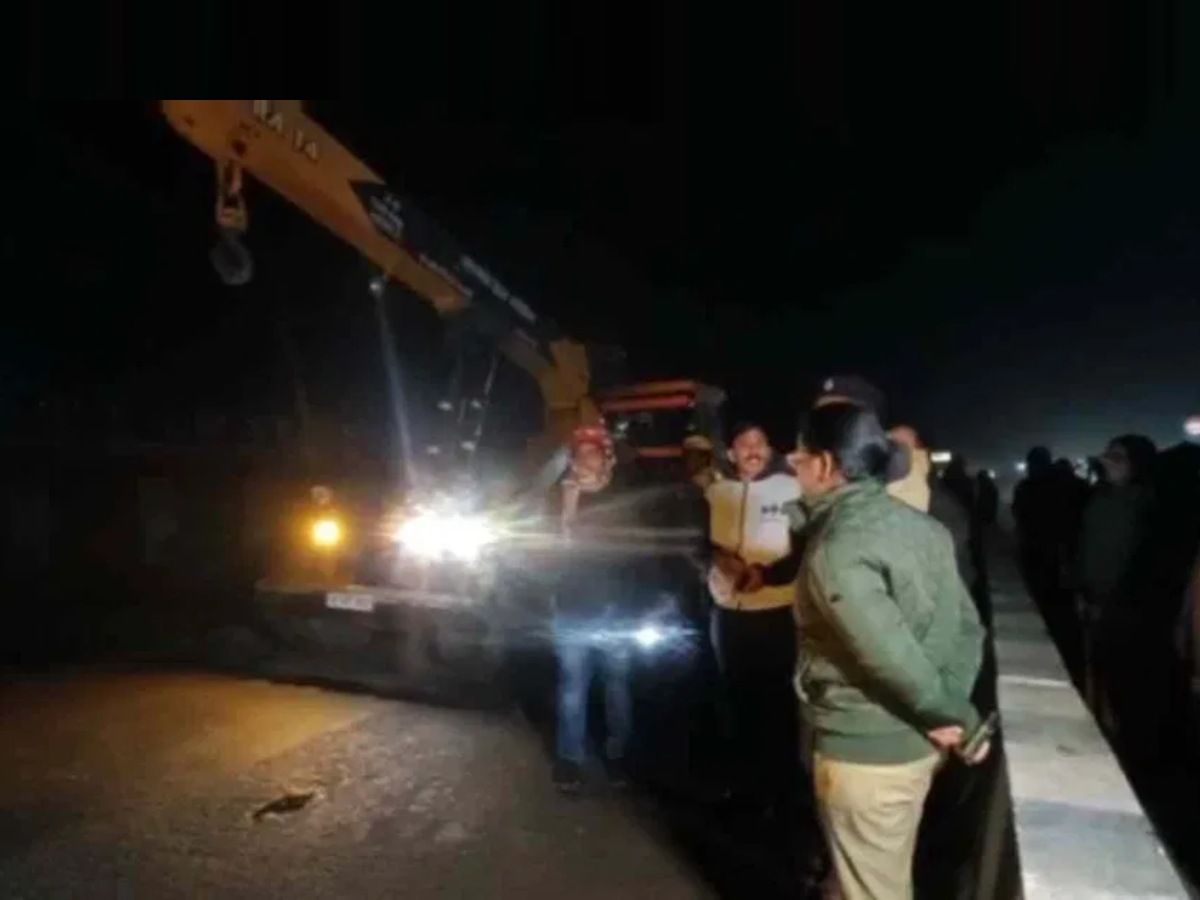
Cyclists and two-wheeler riders need to ask themselves how many times have I changed a lane without bothering to check if there was a vehicle coming from behind. How many times have I turned without giving an indicator or showing a hand? How many times do I weave in and out of traffic and scrape past vehicles without caring for the consequences? How many of our cyclists actually bother to put life-saving reflectors on their bicycles? And what about those life-saving helmets that are required to be worn, both by the rider and pillion rider of a two-wheeler? According to MoRTH, out of the 69,635 riders killed in 2021, a whopping 47,000 were not wearing helmets!
Also, who among us has not been forced to slam the brakes in order to avoid hitting that ubiquitous auto rickshaw that came in front of us, literally out of nowhere! And E-rickshaw drivers are unlicenced menaces let loose on the roads of the country in the name of protecting the environment. They are “unlicenced to kill” while the bus and truck drivers of the country have a “licence to kill.”
Car drivers, too, need to learn disciplined driving. Just because you are secure in your car with a seat belt and an air bag to protect you in case of a crash doesn’t mean that the roads are yours to do as you please. It’s not OK to overspeed. It’s not OK to turn without an indicator. It’s definitely not OK to change lanes recklessly and it’s certainly not fine to drink and drive, talk on the phone, eat, apply make-up or be distracted in any way.
That said, various Government bodies cannot be let off the hook too. We need better roads and not unlit ones with huge potholes like the ones through which Anjali was dragged. We need better policing to ensure the safety of citizens. Anjali’s horrific death took place on a night when there was heavy police bandobast. The accused men, one of them a BJP convenor, passed through four police stations even as an eyewitness followed the car for an hour reportedly alerting the PCRs and 112 helpline 22 times, but to no avail.
Also, it is time for legislators to re-examine the sentencing policy under the provisions of the Indian Penal Code dealing with accidents to stop the growing number of deaths and make Indian roads safer for the public. Maybe it’s time those causing deaths willfully, like in hit and drag cases should be charged with homicide. And in order to make sure that the case is watertight we should consider making dashboard cameras legally binding so that the circumstances of the accident can be determined and if need be, used as evidence. To this end, we can make use of existing technology that can record vehicle speed, acceleration, deceleration etc, by making it legally admissible, much like the Black Box in an airplane.
It is our collective responsibility to make our roads a safer place for all: Men, women, children, the elderly, pedestrians and drivers alike. Because each life matters!






